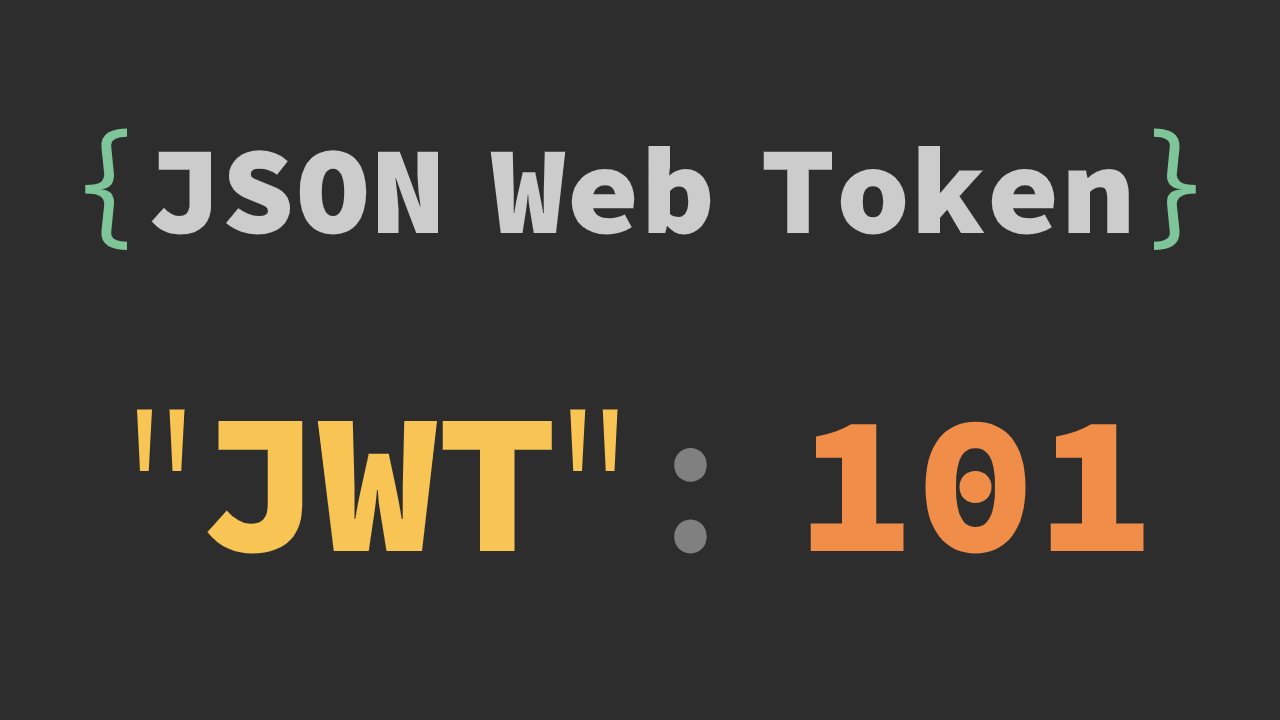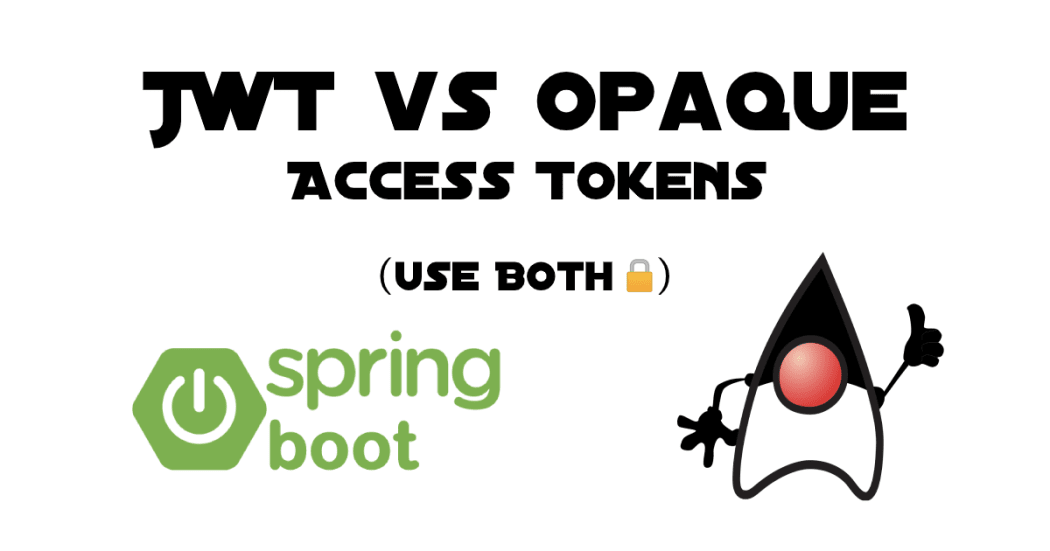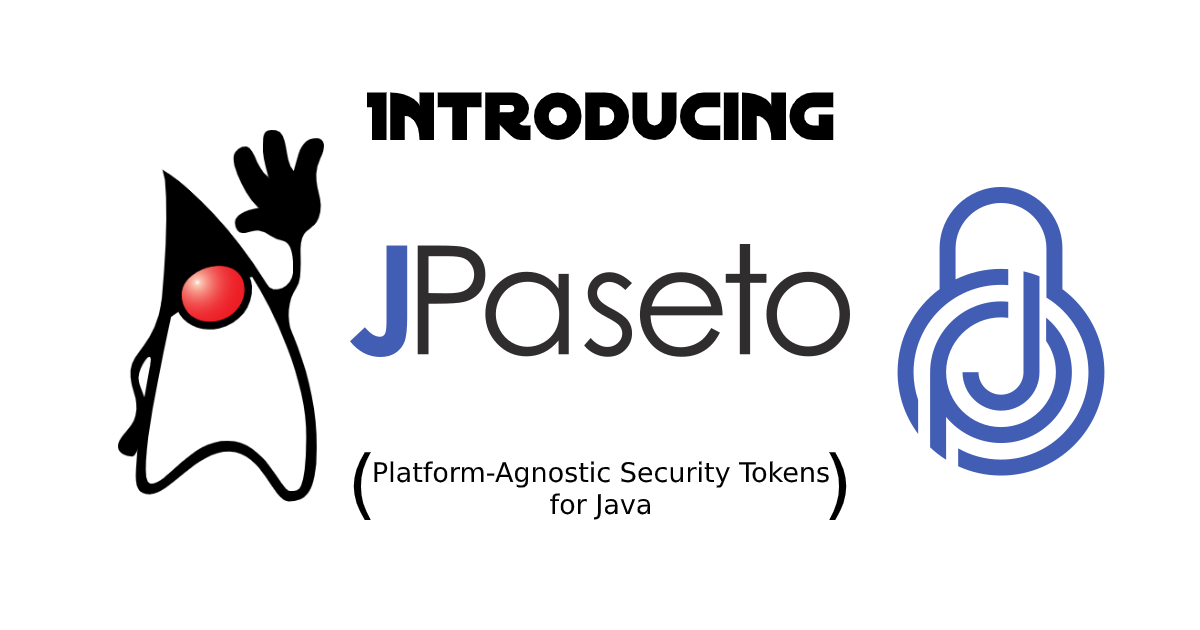Chocolatey Chat with Rob Reynolds + Okta DevRel
Video/Stream
Join the Okta DevRel team as we talk about what’s coming for Chocolatey on Windows, CI/CD, CLI integrations, and more!
Video/Stream
Join the Okta DevRel team as we talk about what’s coming for Chocolatey on Windows, CI/CD, CLI integrations, and more!
Video/Stream
Brian Demers and Micah Silverman teach Lee Brandt how to use the Okta CLI.
What is a JWT? How are they used? Find out in this post!

JSON Web Tokens (JWT) are used everywhere (even places they shouldn’t be). This post will cover the basics of what you need to know about JWT and the related specifications in the Javascript Object Signing and Encryption (JOSE) family.
Tutorial: Learn how to use JWT and opaque access with Spring Boot.

The topic of validating an OAuth 2.0 access tokens comes up frequently on this blog. Often we talk about how to validate JSON Web Token (JWT) based access tokens; however, this is NOT part of the OAuth 2.0 specification. JWTs are so commonly used that Spring Security supported them before adding support for remotely validating tokens (which is part of the OAuth 2.0 specification.)
JPaseto is a PASETO security token library for Java, learn more in this post.

PASETO is a new security token format designed to be easy to use and free from the issues inherent with JSON Web Token (JWT) related specifications. Platform Agnostic SEcurity TOkens (PASETO) is a draft RFC spec created by Scott Arciszewski. PASETO reduces the scope of the JavaScript Object Signing and Encryption (JOSE) family of specs (which JWT is a part of), while still providing the functions that secure applications need.